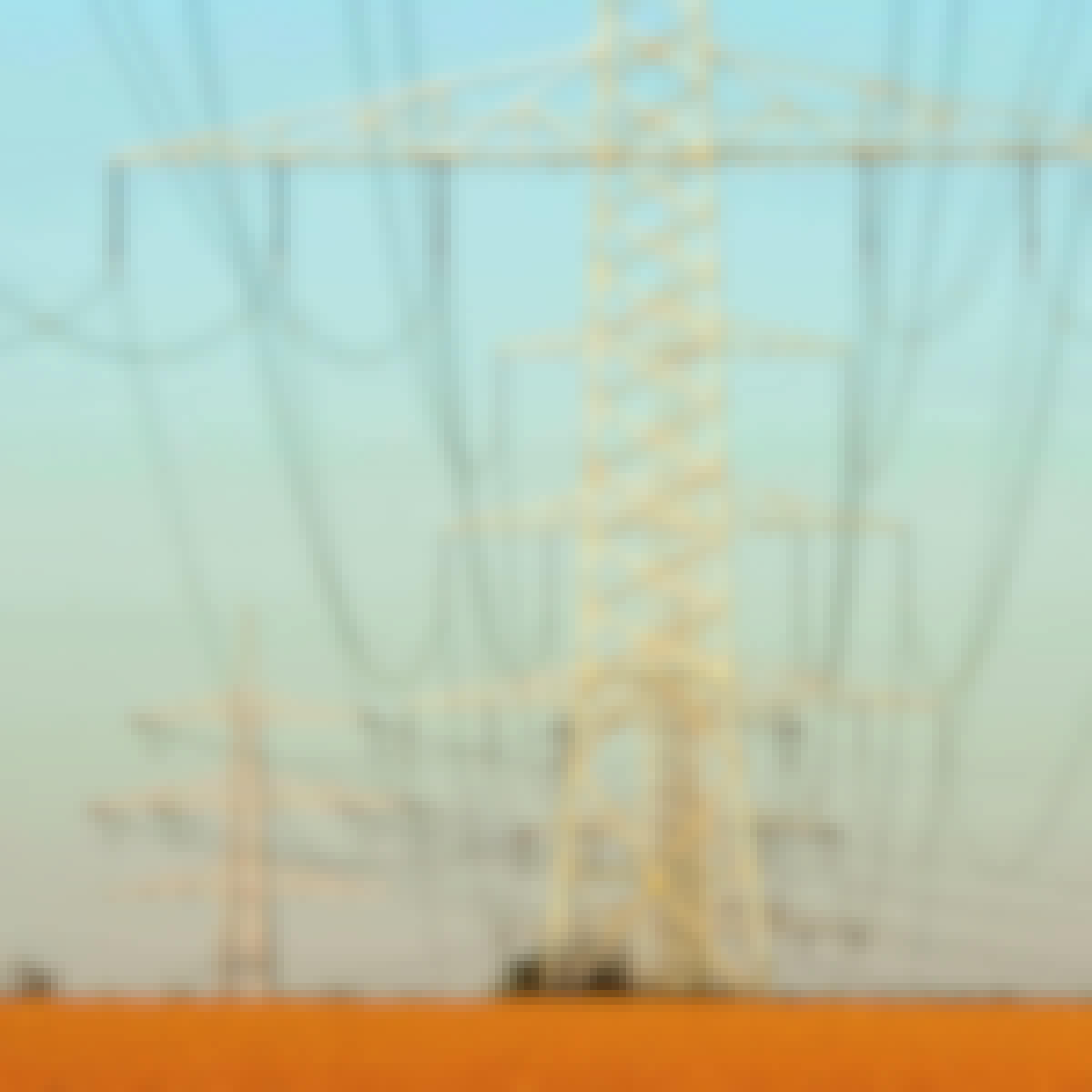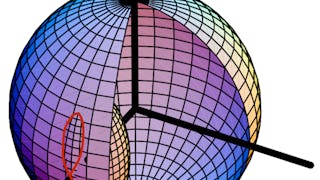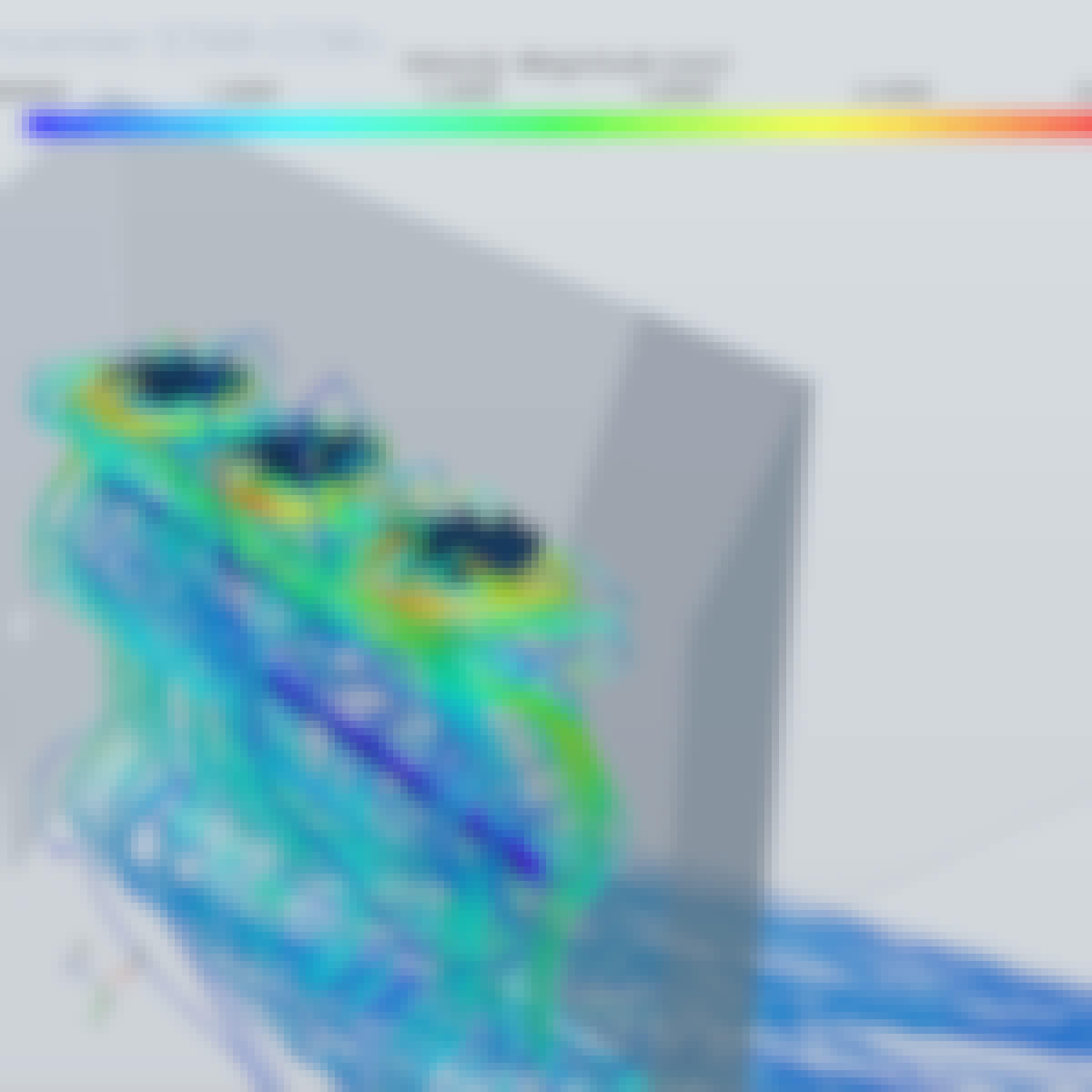- Browse
- Stable Diffusion
Results for "stable+diffusion"
 Status: Free TrialFree TrialL
Status: Free TrialFree TrialLL&T EduTech
Skills you'll gain: Control Systems, Electric Power Systems, Electrical Power, Three-Phase, High Voltage, Simulation and Simulation Software, Engineering Analysis, Low Voltage, Simulations, Power Electronics, Electrical Engineering, Systems Analysis, Mathematical Modeling, Differential Equations
4.9·Rating, 4.9 out of 5 stars20 reviewsIntermediate · Course · 1 - 4 Weeks
 Status: Free TrialFree TrialU
Status: Free TrialFree TrialUUniversità di Napoli Federico II
Skills you'll gain: Derivatives, Financial Market, Securities (Finance), Financial Trading, Finance, Actuarial Science, Investments, Futures Exchange, Equities, Risk Modeling, Financial Modeling, Numerical Analysis, Mathematical Modeling, Simulation and Simulation Software, Probability
Intermediate · Course · 1 - 3 Months
 Status: Free TrialFree TrialA
Status: Free TrialFree TrialAArizona State University
Skills you'll gain: Manufacturing Processes, Semiconductors, Mechanical Engineering, Materials science, Thermal Management, Failure Analysis, Reliability, Engineering Calculations
4.9·Rating, 4.9 out of 5 stars22 reviewsBeginner · Course · 1 - 3 Months
 Status: Free TrialFree Trial
Status: Free TrialFree TrialSkills you'll gain: Motion Graphics, Adobe After Effects, Animations, Cinematography, 3D Modeling, Logo Design, Computer Graphics, File Management
Intermediate · Course · 1 - 4 Weeks
 Status: Free TrialFree Trial
Status: Free TrialFree TrialSkills you'll gain: Adobe After Effects, Animations, Video Editing, Motion Graphics, Post-Production
Intermediate · Course · 1 - 3 Months
 Status: Free TrialFree TrialU
Status: Free TrialFree TrialUUniversity of Colorado Boulder
Skills you'll gain: Vibrations, Mechanics, Torque (Physics), Control Systems, Engineering Analysis, Differential Equations, Mathematical Modeling, Engineering, Simulation and Simulation Software, Applied Mathematics, Linear Algebra, Physics, Calculus
4.8·Rating, 4.8 out of 5 stars134 reviewsAdvanced · Course · 1 - 4 Weeks
 Status: PreviewPreviewG
Status: PreviewPreviewGGoogle Cloud
Skills you'll gain: Generative AI, Generative Model Architectures, Model Deployment, Image Analysis, Applied Mathematics, Mathematical Modeling, Physics
Beginner · Course · 1 - 4 Weeks
 Status: NewNewStatus: PreviewPreview
Status: NewNewStatus: PreviewPreviewSkills you'll gain: Adobe Illustrator, Graphic and Visual Design, Color Theory, Adobe Creative Cloud, Creative Design, Visualization (Computer Graphics), Design Elements And Principles, Graphic Design, Design, Visual Design
Beginner · Course · 1 - 4 Weeks
 Status: PreviewPreview
Status: PreviewPreviewSkills you'll gain: Simulation and Simulation Software, Engineering Analysis, Finite Element Methods, Simulations, Thermal Management, Mechanical Engineering, Engineering, Numerical Analysis, Mathematical Modeling, Computational Thinking, Chemical Engineering, Physics
Intermediate · Course · 1 - 3 Months
 Status: PreviewPreviewI
Status: PreviewPreviewIISAE-SUPAERO
Skills you'll gain: Mechanics, Structural Analysis, Engineering Analysis, Mechanical Engineering, Vibrations, Mathematical Modeling, Control Systems, Physics, Systems Analysis
4.2·Rating, 4.2 out of 5 stars23 reviewsIntermediate · Course · 1 - 3 Months
 Status: Free TrialFree Trial
Status: Free TrialFree TrialSkills you'll gain: Post-Production, Video Editing, Adobe After Effects, Animation and Game Design, 3D Assets, 3D Modeling, File Management, Computer Graphics, Video Production, Cinematography, Motion Graphics
Intermediate · Course · 1 - 4 Weeks
 Status: Free TrialFree Trial
Status: Free TrialFree TrialSkills you'll gain: Figma (Design Software), Graphic and Visual Design, User Interface (UI) Design, Typography, Layout Design, Design Elements And Principles, User Experience Design, Usability, Style Guides, Wireframing, Mockups, UI Components
Intermediate · Course · 1 - 4 Weeks
In summary, here are 10 of our most popular stable+diffusion courses
- Power System Stability: L&T EduTech
- Derivatives: Università di Napoli Federico II
- Shape and Property Control of Metals I & II: Arizona State University
- Premium Logo Animation in Adobe After Effects: 3D & FX: Skillshare
- Beginner's Guide to Adobe After Effects: Animate & Polish: Skillshare
- Kinetics: Studying Spacecraft Motion: University of Colorado Boulder
- Introduction to Image Generation - Italiano: Google Cloud
- Creative Gradients and Color Effects: Adobe
- Dinámica de fluidos computacional aplicada: Siemens
- Foundation of Structural Dynamics: ISAE-SUPAERO










